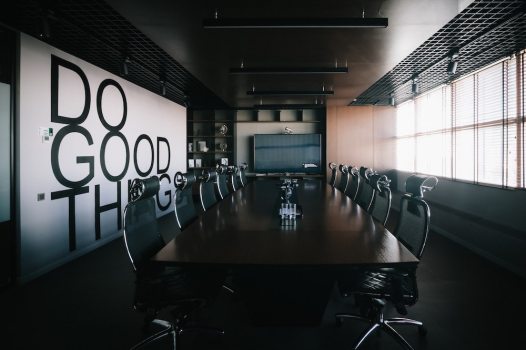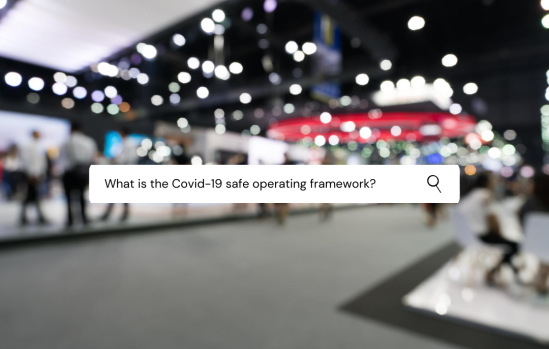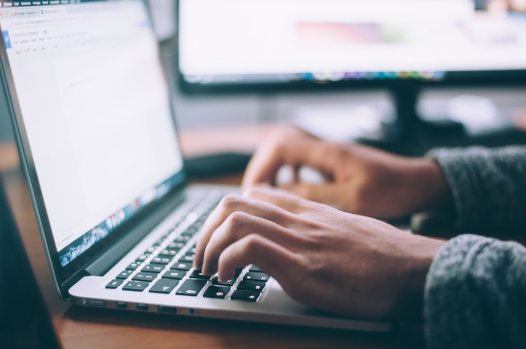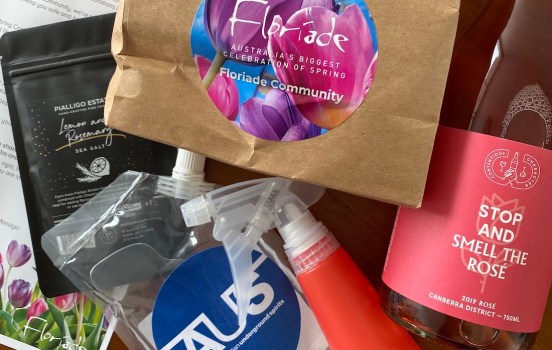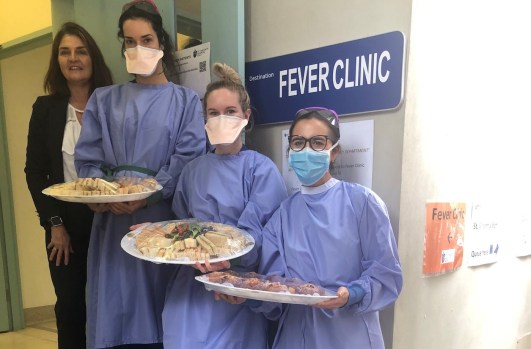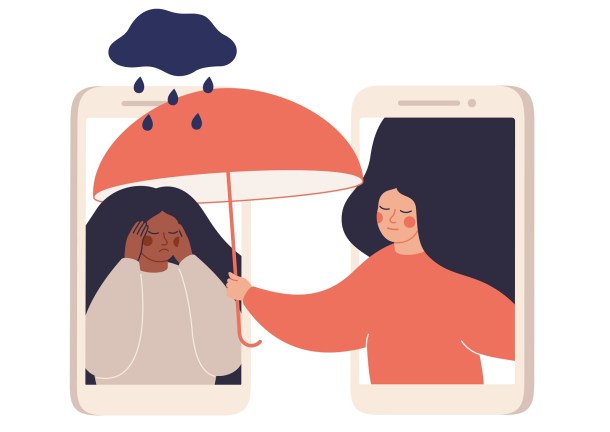
In recognition of Mental Health Awareness Month, we’re republishing the following article from the Spring issue of Spice Magazine.
More than three quarters of Australians say their mental health has worsened since the COVID-19 outbreak began, a new study by the Black Dog Institute has found.
The survey looked into the anxiety levels of more than 5,000 people between late March and early April 2020, revealing sobering statistics on the impact of COVID-19 on Australians.
The pandemic has significantly disrupted the way people live, work and interact, and for event professionals, the shutdown of events has resulted in new pressures and stress factors.

Pottenger
Chelsea Pottenger, founder and director of EQ Minds and mental health ambassador, says these pressures, coupled with a constant stream of negativity and dramatic uncertainty are “quite a recipe for disaster”.
“I’m really concerned that when challenged to a great degree people need support more than ever yet it’s really easy to become disconnected, especially while we are isolated and remote,” she says.
“It’s really important to seek help, but it’s also important for all of us to reach out to ask if people are doing okay. I also really worry about people leaders too who have their own problems, but also need to consider all their staff who each have their own unique situation.”
Equipping teams to provide support
In an effort to improve mental health awareness within the workplace, AV and event production company Novatech recently put one of its key staff through an accredited course in Mental Health First Aid, supported by CrewCare, Support Act and Griffith University.
The online training equips staff with tools and responses to offer initial support and ensure best practice when dealing with mental health in the workplace. Novatech operations manager Liz Schoemaker says the training opened her eyes up to the different types of mental health issues people might be facing.
“It was very insightful and it gave me the tools to identify when someone is developing problems or dealing with a mental crisis and then being able to approach them and provide that initial support,” she says.

Schoemaker says businesses should consider the training in the same way they consider regular first aid training.
“I think it’s very important for businesses to do the training because awareness is key,” she says. “Early detection and treatment is the best course of action to be able to assist someone. “The course has added an extra layer of support and even just making our staff aware that we’re able to provide this, I think is a very big relief on them.”
Tips for a healthy mind
For those who may be struggling with their mental health, Pottenger says there’s an array of helpful resources and hotlines available.
“Most companies that I’ve worked with have their own EAP [employee assistance program], and then there’s organisations such as R U OK?, Lifeline or the Gidget Foundation that are fantastic,” she says.
To help professionals stay positive and productive while working from home during COVID-19, Pottenger urges people to prioritise exercise, healthy eating, sleep, hygiene and some form of stress management, such as meditation. She encourages people to prioritise their mental health as they do physical health.
“I really hope people feel confident to speak up to their GP if they are noticing low mood or any forms of anxiety and depression,” she says.
“Clinical psychologists and therapists are experts in the space. I feel like we need to start talking about going to therapy like we hit the gym, that is how normal the conversation needs to be.”
If you or someone you know needs help, call:
Lifeline on 13 11 14 or
Beyond Blue on 1300 22 46 36
This article originally appeared in the Spring issue of Spice Magazine.
Subscribe here or read the full magazine below:
